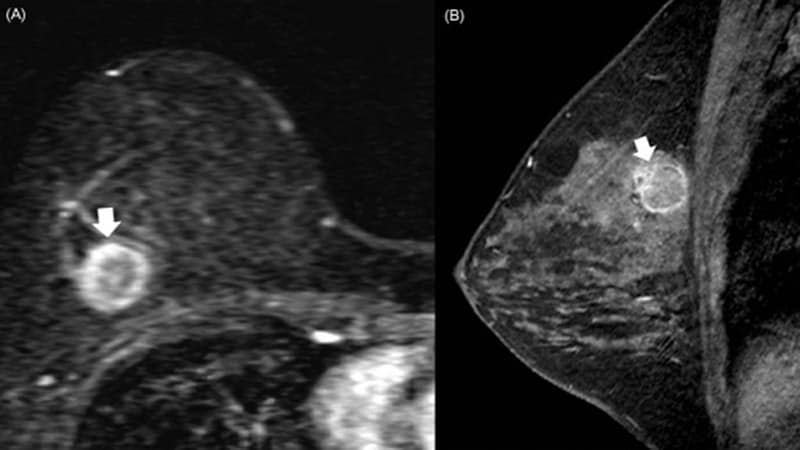TOPLINE:
The use of methotrexate (MTX) in patients with dermatomyositis (DM) did not increase their risk for interstitial lung disease (ILD) in a cohort study.
METHODOLOGY:
- ILD is a common complication of DM, raising concerns about using MTX, a first-line treatment, because of its association with pulmonary toxicity.
- To investigate the association between MTX and ILD in patients with DM, researchers assessed 163 participants in the National Institutes of Health-sponsored All of Us Research Program between May 2018 and July 2022 who were diagnosed with DM and received immunomodulating treatment.
- A total of 58 patients received MTX (median age, 58 years) and were followed up for 6.6 years, and 105 did not receive MTX (median age, 59 years) and were followed up for 6.5 years.
- The primary outcome was a diagnosis of ILD.
TAKEAWAY:
- A higher proportion of patients in the MTX group received rituximab (17% vs 5%), and a lower number had DM-related malignant neoplasm (12% vs 31%).
- A similar proportion of patients not exposed to MTX and those exposed to MTX developed ILD (16%-17%).
- There was no significant difference in ILD risk associated with MTX exposure (hazard ratio [HR], 0.79; P = .56) or when adjusted for sex, malignant neoplasm, and rituximab exposure (HR, 0.79; P = .59).
IN PRACTICE:
MTX was not associated with an increased risk for ILD, "contrasting with studies in populations with RA and suggesting MTX does not pose significant pulmonary toxicity risk in DM," the authors wrote, but added, "prospective studies are warranted to validate ILD risk among MTX-treated patients."
SOURCE:
This study was led by Jill T. Shah, BA, from New York University Langone Health, New York City, and was published online on May 1 in JAMA Dermatology.
LIMITATIONS:
Ascertainment and time of diagnoses from electronic health records may be inaccurate or have missing information, sample size, unvalidated outcomes, clinical specifics, and limited generalizability of the cohort used.
DISCLOSURES:
This study was supported by the National Center for Advancing Translational Sciences and the National Institutes of Health. The authors reported no conflicts of interest.

.webp) 2 weeks ago
6
2 weeks ago
6

























 English (US)
English (US)